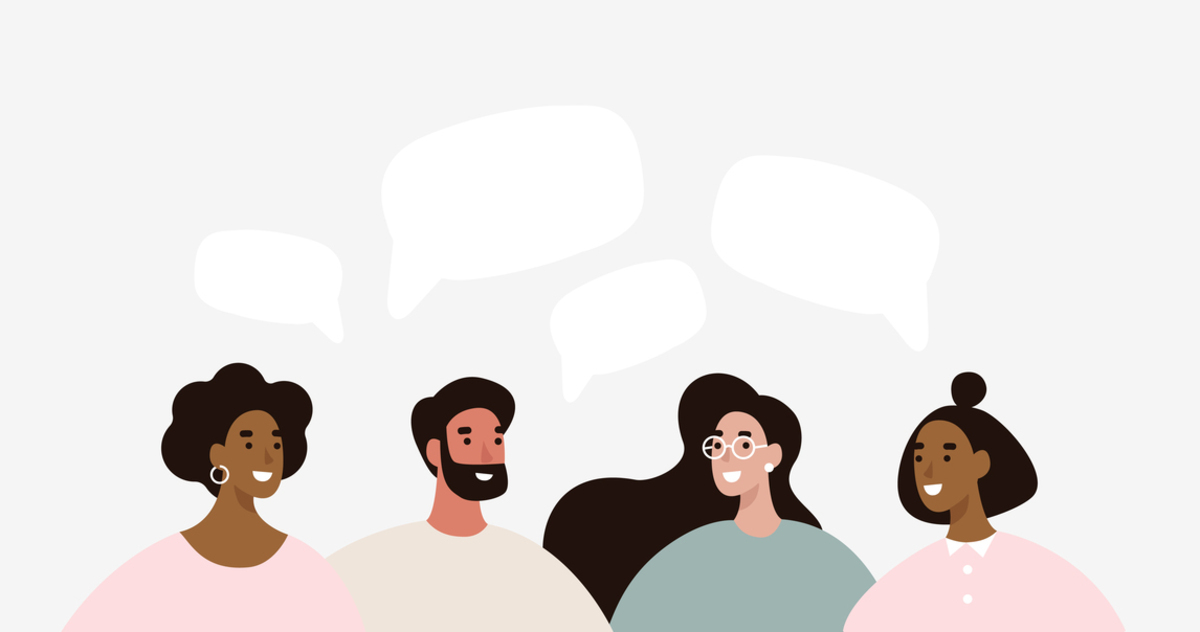Social skills cover a dazzlingly broad umbrella of competencies, ranging from knowing how to start or reply to conversations to remembering to offer a guest a drink, to refraining from picking your nose in public, to the body language that makes up such a huge part of human communication. And that, of course, is just the very tip of the iceberg.
Many people pick the social skills they need to facilitate anything from one-off encounters to close friendships and working relationships with bosses, teachers, and co-workers up quite naturally — a process that starts during childhood and continues throughout life as a person adjusts to new settings.

For autistic people, that's often a different story.
Autism spectrum disorder is a lifelong neurodevelopmental condition — a different brain wiring, if you like — that impacts, among other things, a person's ability to communicate, socialize, and relate to others in ways society typically expects.
That is where social skills training or social skills therapy can come in.
What is social skills training for autistic people?
Numerous different social skills programs have been used and continue to be used among children, adolescents, and adults with autism, but social skills are also bound to come up in other therapeutic settings. Domains that may be covered during social skills training could include things like:
- Conversational skills — such as how to start a conversation, how to continue it, knowing when to reply and when not to, what to say to convey you are listening to other people, and how to leave a conversation in a polite way.
- Friendship skills — How to make and maintain friends.
- Humor — how to navigate and make jokes.
- Dealing with bullying and disagreements in a constructive way.
- Code switching, or how to change your behavior to suit the context.
Modeling, practicing scripts — including those during which something unexpected happens — through role-play, and direct instruction are all avenues through which social skills can be improved.
Does social skills therapy work? Is it necessary?
It is important for anyone without autism to understand that social skills therapy may teach specific behaviors, but it won't alter a person's neurology.
Knowing what is socially expected and even being able to apply skills that were previously difficult, for instance, doesn't in any way mean that an autistic person won't suffer from sensory overload, engage in stimming, or suddenly understand metaphors and inferences they aren't already familiar with. All these things can lead to behavior others find hard to understand even if an autistic person knows perfectly well what neurotypical people consider normal and out of the norm.
Autistic people diagnosed later in life will often have gone through their own "DIY social skills therapy", closely observing how people around them and in the media act in social situations and trying to copy their behavior or use of language. Though this road to social skills is much more arduous than the one a neurotypical person follows, it can be very effective, and many autistic people are able — for short periods of time, at least — to "pass" as neurotypical. That is to say that, though autistic people may benefit from social skills therapy in more formal settings and even actively seek it out in adolescence and as adults, these skills can also often be acquired through obsveration, trial, and error.
Like the foreigner who learns to adapt to a whole new culture — perhaps an American who moves to Japan and masters the arts of eating with chopsticks, bowing, and less direct social communication — an autistic person will need to be able to come home and eat the proverbial cheeseburger with their hands while telling their friends exactly what they think and feel. We all need environments in which we can be exactly who we are, and autistic people are absolutely no exception.
- Photo courtesy of SteadyHealth


Your thoughts on this